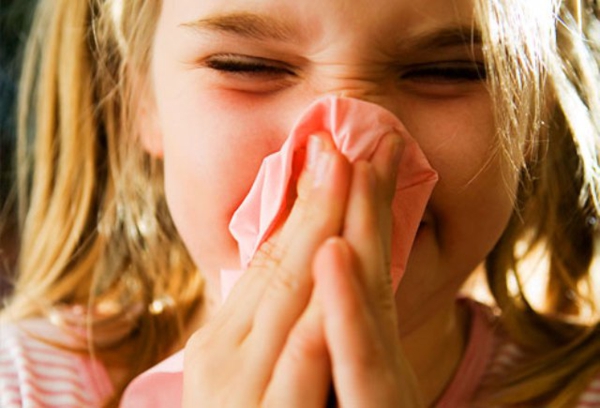Now that the summer swelter has come and gone, let’s rejoice the cool fall breeze as we welcome the arrival of cold and flu season. Even though popular perception states that people get sick during the winter months because of the cold, getting sick actually has more to do with others than it does the weather.
During the colder times of year, we tend to spend more time indoors around other people in poorly ventilated spaces. High numbers of people congregating in small spaces allows germs to happily jump from one unlucky cold and flu victim to another. Proximity to germs is the reason why cases of the flu can go around an office, or why small children in school frequently return home with a runny nose.
So unless you plan on zipping up in a germ-free bubble, what steps can someone take to avoid getting sick once the weather turns from cold to frigid? Here are a few tricks to try that research has shown will help protect you from germs while at home or the office.
Home Strategies
When it comes to avoiding those nasty viruses that start to circulate this time of year, prevention is the key. To start building up those defensive walls, try taking a vitamin D supplement every morning at breakfast.
A recent Yale Medical School study found that adults who possessed high levels of vitamin D in their systems were 49 percent less likely to develop an upper respiratory tract infection or cold during the winter months. Researchers attribute this to vitamin D’s ability to boost the immune cells in the lungs capacity to fight off cold viruses. Researchers also concluded that it’s nearly impossible to bring up the levels of vitamin D in your system to the levels necessary to fight off infection without taking a supplement.
Another handy home trick is to clean commonly used surfaces with bleach. The bugs that cause stomach flu, called noroviruses, are difficult to destroy using most household cleaners, and can thrive on hard surfaces for several weeks, according to the Centers of Disease Control and Prevention. For a safe blend, use only a half a cup of bleach per one gallon of water. Also, try to avoid sharing any glasses, utensils, or other communal items during this time of year.
Work Strategies
Avoiding germs at home is only half the battle when it comes to staying healthy this cold and flu season. Staying free of germs at work starts by staying clear of those people in your office that show signs of being sick.
A 2008 combined study from the University of Hong Kong, the CDC, and Harvard University found that only one to eight percent of participants involved in the study caught a virus from individuals who exhibited no symptoms. In other words, the idea that sick individuals can silently spread germs around is simply not true. Sick people tend to exhibit the fact they’re sick if you’re paying attention.
If a coworker complains about feeling under the weather, and repeatedly starts coughing and blowing their nose, cut your conversation short and politely move along. If you do start to feel an illness coming on, you should immediately start sucking on a zinc lozenge. Research has shown that zinc can help to reduce the duration and severity of an illness when taken within 24 hours of first exhibiting symptoms of a virus. A Finnish study found that lozenges that contain at least 75 mg of zinc could reduce the length of a cold by 42 percent, while lozenges with lower doses had no affect. Two brands that met the requirements set forth in the study were Walgreens’ Zinc Cold Remedy Lozenges and Cold-Eeze. To receive enough zinc, you need to suck on at least 10 of these lozenges a day.
Timothy Lemke blogs about health research for Dr. Donald Lanahan, a Grants Pass dentist at Grants Pass Family Dental.

